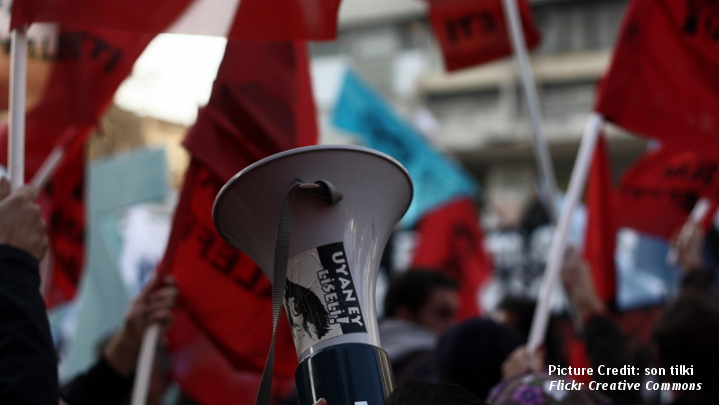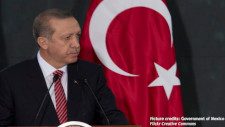How to Save Turkish Democracy

Halil M. Karaveli
For Turkish democrats, last spring was supposed to be a moment of triumph. After more than two decades of increasingly autocratic rule, Recep Tayyip Erdogan, Turkey’s president, appeared poised to lose office. The country’s robust economic growth—Erdogan’s longtime claim to fame—had ended. The Turkish lira was in free fall, making basic goods unaffordable for much of the population. When a devastating earthquake in February 2023 killed tens of thousands of people, Erdogan failed to properly respond. Polls suggested that the presidential election in May would be close but that opposition leader Kemal Kilicdaroglu would emerge victorious.
Read this article by Halil Karaveli in The Foreign Affairs.
Related Publications
-
ISDP Annual Report 2023
ISDP’s Annual Report for the year 2023. We look back on 2023, a year in which tensions and conflicts captured the strategic space in ISDP’s focus areas, making headlines around […]
-
Promise And Peril In The Caucasus
America’s national security bureaucracy separates the Caucasus and the Middle East into different bureaus, with Central Asia in yet another office. This is part of the reason the U.S. has […]
-
Turkey’s Problem Isn’t Sweden. It’s the United States.
The issue isn’t what Sweden says or does but what the United States does or fails to do on the ground in Syria that matters for Turkey’s national security interests. […]
-
TURKISH QUAGMIRE: WHY TURKEY BLOCKS SWEDEN’S NATO ACCESSION
Turkey was bound to have issues with Sweden and its pro-Kurdish stance, and singled out Sweden because of its longstanding commitment to Kurdish aspirations. However, it is the continued US […]
-
Not Drawing a Parallel. Ukraine and Taiwan: An Indian Perspective
Russia’s war against Ukraine has not only had economic, diplomatic, and geopolitical repercussions, but also exaggerated the fear of accelerated conflicts in the Indo-Pacific, a region with several unresolved conflicts […]




